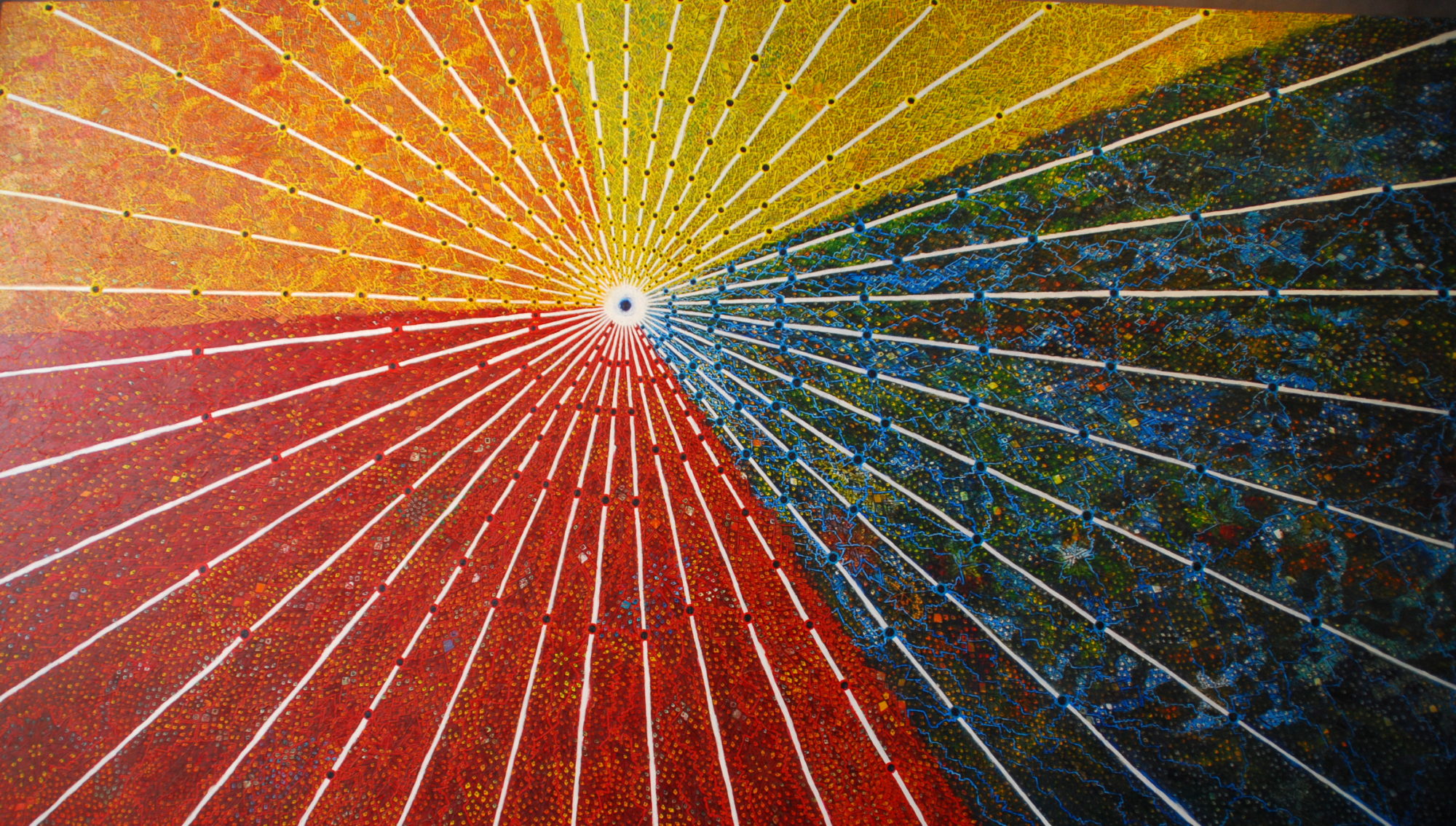We had all but decided to bypass the Okavango Delta due to the sheer price factor alone. Yeah, ‘supposedly amazing, yeah, it’s one of everyone’s 20 places you must go in your life, but we can’t do $1000 a night for two of us (and that’s what the lower end lodges, where you sleep in a camping tent, charge). I mean, the Galapagos was a huge splurge for us, but that still came in at under $500 a night in the end. Besides, Maun (the standard jumping off point into the delta) was over 800 km out of our way.
But then we read in our little Lonely Planet guidebook about the Okavango Polers Trust, a community run organization that does mokoro trips into the delta from the village of Seronga, just where the Okavango River fans out and becomes the Okavango Delta. Lo and behond, they were near the Namibian border (and actually a huge pain to reach if you’re already in Maun or anywhere else in Botswana) and had rates substantially cheaper than a lodge or mokoro operator in Maun. The catch was you had to provide your own food and tent, but hey, we’d been doing that for weeks now, no sweat. So we pulled up to their camp at sunset, camped, and, with over 75 community polers in the organization, had no problem arranging to go out the next morning for an overnight mokoro adventure.
In my experience, which as I’ve outlined, is not the classic delta experience but a more local approximation thereof, the richness of the Okavango Delta is not easily enjoyed. I spent most of each day sitting in the front of a boat surrounded by reeds, swatting at spider webs to keep them from breaking across my face and mainly spotting the tops of trees.
All the while waiting helplessly for our poler to push on, or occasionally start backing up because the water got too shallow.
Then there are the notoriously dangerous hippos lurking that we managed to narrowly avoid despite a few aggressive moves toward our boat that definitely had all of us, poler included, a bit panicked.
Hippos are way faster than they look! Patience, endurance, fearlessness (or naivete!) and the tolerance for layers of spider webs on skin (well practiced while hiking this past summer!), was certainly required.
But every now and then we’d break through into a river channel and surprise some otters or enter a lagoon and see all the lillies popping up or sneak closer to an elephant on an island and I’d totally get the magic of the place. The environment is absolutely tranquil.
The poler whisks you along in silence (which you may remember was my main beef with our Ecuadorian jungle experience) in the mokoro. The animals we saw weren’t necessarily the big famous ones, but the birdlife was exceptional, the hippos numerous, and the reeds are whole interesting ecosystem to themselves. And while we didn’t see much big game during the day, the night was a whole different story that Theresa will bring you in our next post.









You must be logged in to post a comment.